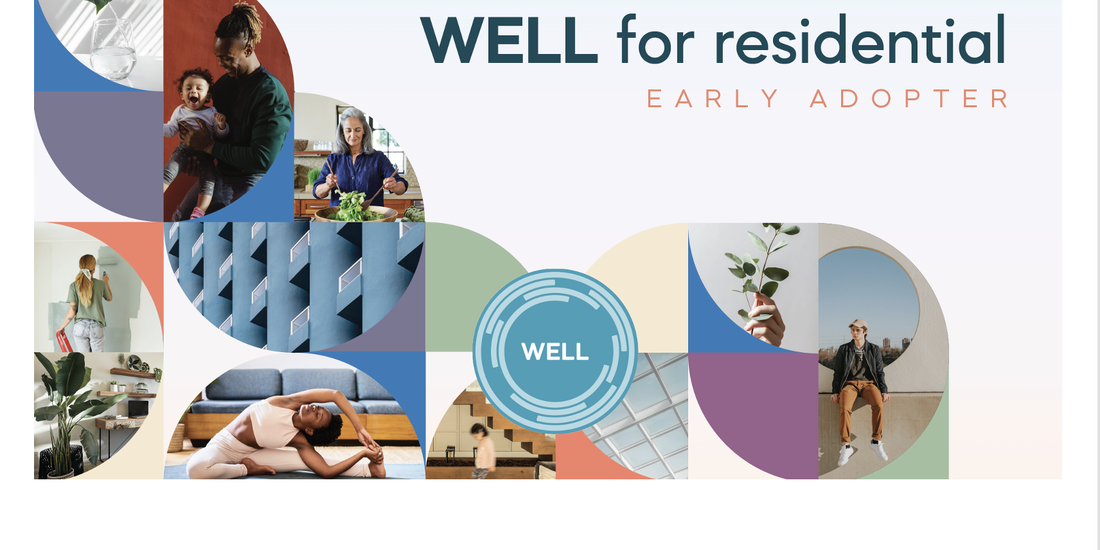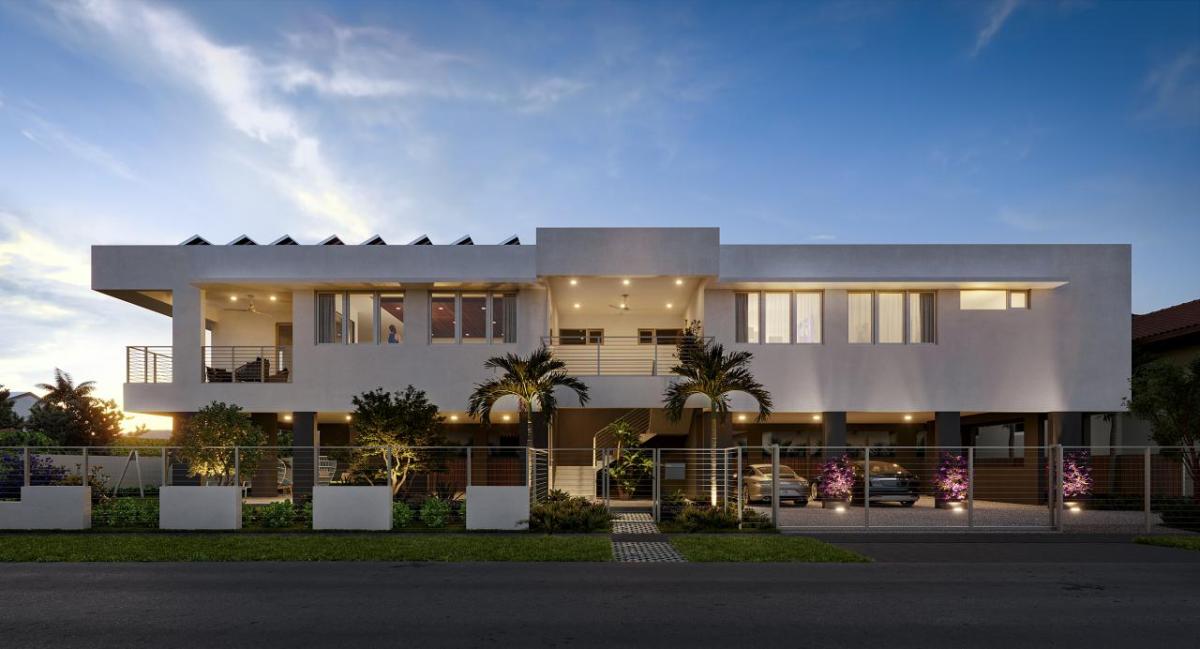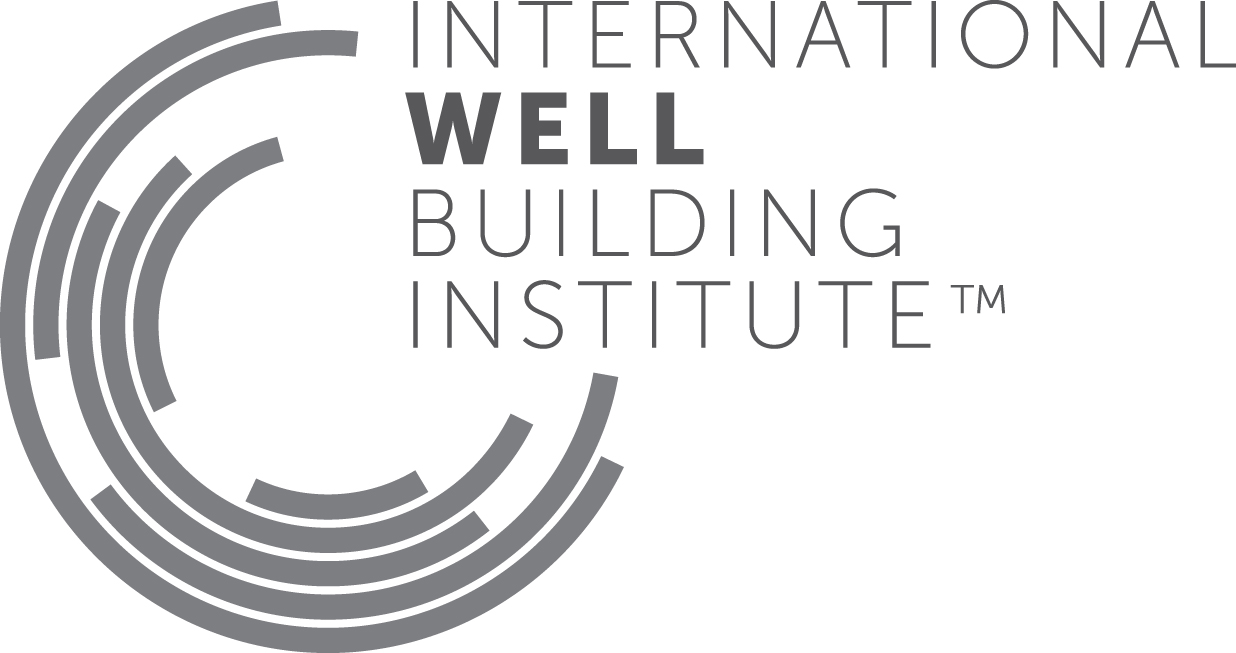Caplow Manzano Joins IWBI’s WELL for Residential Program
Caplow Manzano is participating in a first-of-its-kind program aimed at establishing IWBI’s new global standard for healthier and more resilient homes
MIAMI and NEW YORK, October 30, 2023 /3BL/ - The International WELL Building Institute (IWBI), the global authority for driving market transformation through healthy buildings, organizations and communities, and Caplow Manzano announced today that the Miami-based design and development firm became an early adopter of IWBI’s WELL for residential program, which is now open for enrollments. The first standard of its kind, WELL for residential is an evidence-based, third-party verified certification program that will transform the way homes are designed, built and maintained to support human health and well-being. The WELL for residential standard helps inform Caplow Manzano during the design and construction of CM1, an elevated 2400 square feet single family house in the Silver Bluff neighborhood of Miami.
Grounded in the science-backed principles of the WELL Building Standard (WELL) and its 10 WELL concepts, the WELL for residential program consists of more than 100 health strategies that support new and existing residences and are applicable to both single-family homes and multifamily buildings. During the launch phase of the program, IWBI is partnering with leading architects, builders, developers, operators and owners - such as Caplow Manzano - to transform the global residential market to make healthier and more resilient homes more accessible to people.
“The WELL pilot program is a perfect fit for us because we believe that all real estate decisions should revolve around people’s health,” said Dr. Ted Caplow, an environmental engineer and the firm’s co-founder. “Miami is a wet place, so preventing mold and maintaining indoor air quality are critical,” added Nathalie Manzano, Caplow Manzano’s other co-founder. “In the design for CM1, we eliminated drywall in favor of more waterproof materials like exposed concrete, provided removable wall panels to provide access to all the plumbing, and provided natural light, abundant ventilation, and independent thermal control in each room. We appreciate that WELL shares our goal of preventing health problems before they happen,” said Manzano.
“Early adopters of the WELL for residential program are leveraging the many evidence-based health strategies to inform and enhance the design and build-out of their projects,” said Liz Miles, vice president for stakeholder relations at IWBI. “We are excited to see new WELL features incorporated by Caplow Manzano to make its CM1 home in Miami a healthier and more comfortable place to live.”
The development of the WELL for residential program drew upon two years of industry input, market insight and expert recommendations from IWBI’s WELL for residential advisory, a working group of over 100 globally renowned subject matter experts including leading builders and developers, architects and engineers, public health and building scientists, government officials and academics, as well as other real estate professionals. Companies can earn the WELL Residence seal for residences upon completion of third-party review and verification of selected strategies. To be certified as a WELL Residence, a home must achieve at least 40 points. Projects also have an opportunity to earn precertified WELL Residence status for participating units upon preliminary design review, a milestone step forward that allows participants to communicate achievement before construction is completed.
The WELL for residential program recognizes home designs that impact human health and well-being across all 10 WELL concepts. In the case of the CM1 home in Silver Bluff, Caplow Manzano aims to earn points under the WELL for residential standard in multiple areas:
- Indoor Air Quality: CM1 features healthy building materials, advanced air filtration, and no AC ductwork, because all of the rooms have individual, cassette-type AC units.
- Ventilation: CM1 features an energy-recovery ventilator (ERV) that provides pre-conditioned outside air. The home also has an operable window in every room.
- Daylighting: With soaring ceilings, an elevated floor plate, and large high-performance windows, CM1 is filled with natural light all day long but protected from solar heat gain.
- Moisture Control: One of Caplow Manzano’s signature features is access to all plumbing inside the home to easily address undetected leaks and moisture problems that can affect indoor air quality. At CM1, all of the plumbing is located inside fully paneled walls.
- Water resistance: Mold is one of the most harmful indoor air contaminants in humid regions. At CM1, the risk of mold is sharply reduced by replacing conventional drywall entirely with more durable surfaces including concrete and lime plaster, and by eliminating any materials that cannot tolerate moisture in kitchen cabinets, bathroom vanities, and interior doors.
- Thermal control: By eliminating ductwork and increasing the number of AC units, all of the bedrooms at CM1 have independent thermostats, improving occupant comfort while reducing energy consumption.
- Carbon reduction: Caplow Manzano has taken a number of steps to optimize energy efficiency at CM1. The building’s shell is designed to minimize heat gain through uninsulated concrete or metal components, called “thermal bridging.”. The home features a large rooftop solar array, a Tesla powerwall battery, and an electric vehicle charger.
Today, in the U.S. alone, the residential sector spans more than 120 million homes totaling roughly 224 billion square feet of real estate. The importance of creating healthier environments in the residential sector has become a top priority among homeowners.
The WELL for residential program adds to the WELL ecosystem and provides a new pathway for creating people-first residences. This program builds upon the work IWBI has already done within the multifamily sector through its WELL Certification and WELL ratings. IWBI applauds the leadership demonstrated by the multifamily residential developers and owners who have pursued WELL Certification. Their experiences have helped inform and inspire the development of the new WELL for residential program.
While numerous studies show healthy homes are increasingly in demand, regulations and standards focused on resident health in homes are largely lacking. The WELL for residential program seeks to provide a solution that helps transform the global residential market and ensure that everyone, no matter their backgrounds, has access to a home that enhances their health and enables them to make healthier decisions.
The WELL ecosystem comprises WELL Certification under the WELL Building Standard, a library of building and organizational strategies focused on health, the WELL Health-Safety Rating, WELL Performance Rating, WELL Equity Rating and certification under the WELL Community Standard. WELL’s holistic, evidence-based approach has provided a roadmap for organizations to promote human and social capital performance and enhance their ESG strategy. As a result, thousands of organizations including nearly 30% of Fortune 500 companies across nearly 130 countries have adopted WELL strategies in more than 40,000 locations totalling almost five billion square feet of space.
About Caplow Manzano
Based in Miami, Caplow Manzano designs a new type of home that is uniquely adapted to the urban tropics. Composed of architects, engineers, and designers who believe that the future of South Florida demands rethinking the way we build, the firm’s philosophy, called “design for life,” refers to homes that support a healthy life, that are eco-friendly, and that last for a very long time. Caplow Manzano’s homes are elevated for the next 100 years of sea level rise and reinvented from the inside out to improve indoor air quality by eliminating hiding places for mold, mildew, pests, and allergens. The firm also emphasizes thermal performance, lifetime carbon impacts, and solar energy, Caplow Manzano’s goal is to create the healthiest homes available, with the resiliency to protect that investment for generations.
About the International WELL Building Institute
The International WELL Building Institute (IWBI) is a public benefit corporation and the world’s leading organization focused on deploying people first places to advance a global culture of health. IWBI mobilizes its community through the administration of the WELL Building Standard (WELL) and its WELL ratings, management of the WELL AP credential, the pursuit of applicable research, the development of educational resources, and advocacy for policies that promote health and wellbeing everywhere. More information on WELL can be found here.
International WELL Building Institute, IWBI, the WELL Building Standard, WELL v2, WELL Certified, WELL AP, WELL EP, WELL Score, The WELL Conference, We Are WELL, the WELL Community Standard, WELL Health-Safety Rated, WELL Performance Rated, WELL Equity Rated, WELL Equity, , Works with WELL, WELL and others, and their related logos are trademarks or certification marks of International WELL Building Institute pbc in the United States and other countries.
Media contact:
Caplow Manzano: media@caplowmanzano.com
IWBI: media@wellcertified.com
View original content here.



